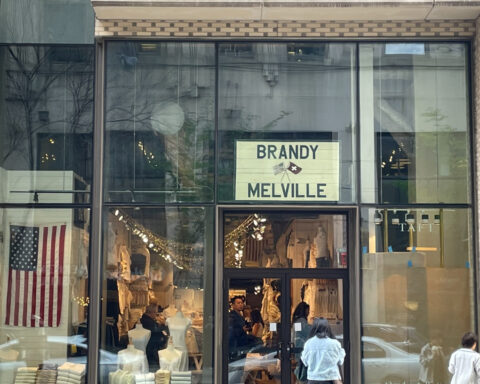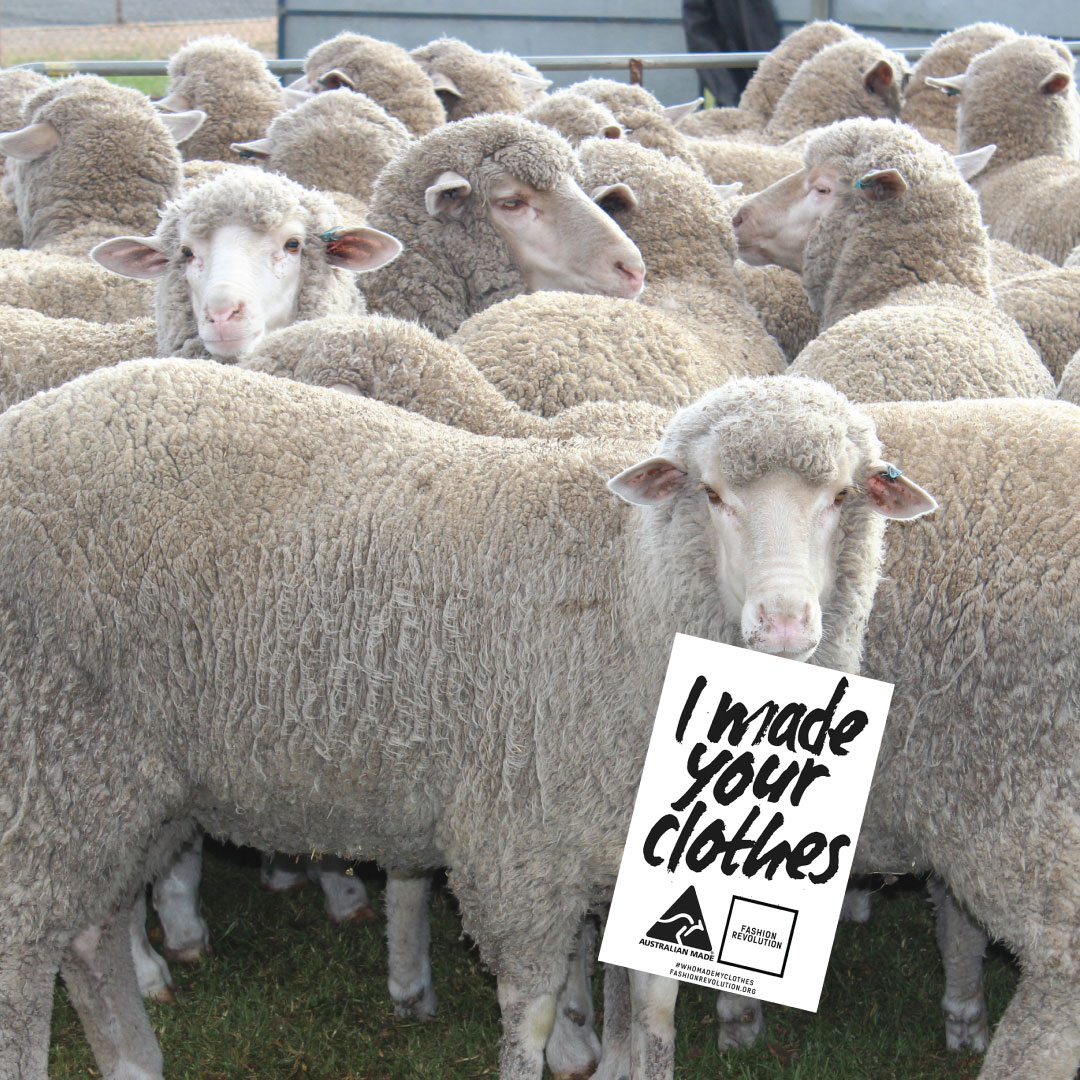
Better Cotton Initiative (BCI)
Year Of Inception:
2005
In Their Own Words:
“BCI exists to make global cotton production better for the people who produce it, better for the environment it grows in and better for the sector’s future. To achieve this mission, BCI works with a diverse range of stakeholders across the cotton sector, from field to store, to promote measurable and continuing improvements for the environment, farming communities and the economies of cotton-producing areas.”

Organic Content Standard (OCS)
Year Of Inception:
2018
In Their Own Words:
“The Organic Content Standard (OCS) is an international, voluntary standard that sets requirements for third-party certification of certified organic input and chain of custody. The goal of the OCS is to increase organic agriculture production.”

Worldwide Responsible Accredited Production (WRAP)
Year Of Inception:
2000
In Their Own Words:
“Our primary activity is the Certification Program. WRAP is the largest independent facility certification program in the world focused on apparel, footwear, and sewn products. We issue three levels of certification that are valid from six months to two years based on a facility’s compliance with WRAP’s 12 Principles.
Our Principles are based on generally accepted international workplace standards, local laws and workplace regulations, and include the spirit or language of relevant conventions of the International Labor Organization (ILO), the United Nations Guiding Principles on Business and Human Rights, and the Organization for Economic Cooperation and Development (OECD)’s Guidelines for Multinational Enterprises.”

B Corp
Year Of Inception:
2006
In Their Own Words:
“Certified B Corporations are businesses that meet the highest standards of verified social and environmental performance, public transparency, and legal accountability to balance profit and purpose. B Corps are accelerating a global culture shift to redefine success in business and build a more inclusive and sustainable economy.
Society’s most challenging problems cannot be solved by government and nonprofits alone. The B Corp community works toward reduced inequality, lower levels of poverty, a healthier environment, stronger communities, and the creation of more high quality jobs with dignity and purpose. By harnessing the power of business, B Corps use profits and growth as a means to a greater end: positive impact for their employees, communities, and the environment.”

NSF International
Year Of Inception:
Though the organization itself has existed since 1944, it began its sustainability programs in 2008
In Their Own Words:
“For more than 75 years, our mission has remained the same: protect and improve human health. Our mission is carried out by nearly 3,000 global employees, including microbiologists, toxicologists, chemists, engineers, and environmental and public health professionals.
Our decisions and behaviors are guided by our seven core values. We demand the highest ethics and integrity from our professionals. We operate using sound scientific principles. We respect and care for each other. We promote personal and professional growth. We foster innovation and creativity. We demonstrate social and environmental responsibility. And, finally, we are committed to winning and being the best.”




